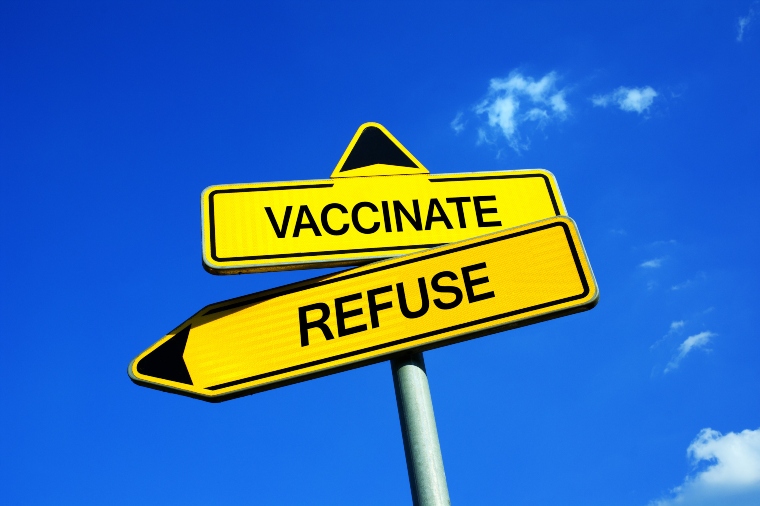 Photo: M-SUR/AdobeStock
Photo: M-SUR/AdobeStock

Introduction
By Tim Spencer-Lane Introduction Where a person lacks capacity to consent, deciding whether the Covid-19 vaccine is in their best interests may not be straightforward. On the one hand, the government’s Mental Capacity Act Covid-19 guidance sets out that best interests decision makers “may want to consider the benefits of vaccines to the individual’s health […]
You need to log in to Community Care Inform to view this content. If you have a subscription, please log in here.
Please contact the Community Care Inform helpdesk or phone 020 3915 9444 if you require support or assistance or are unsure if you have a subscription.
If you don’t currently have access, click here to find out more about subscribing to Community Care Inform.
![Best interests, Covid-19 vaccination and patient refusal: SS v Richmond London Borough Council [2021] EWCOP 31 - Adults](https://adults.ccinform.co.uk/wp-content/themes/cci-new-child/images/adults-logo.jpg)
